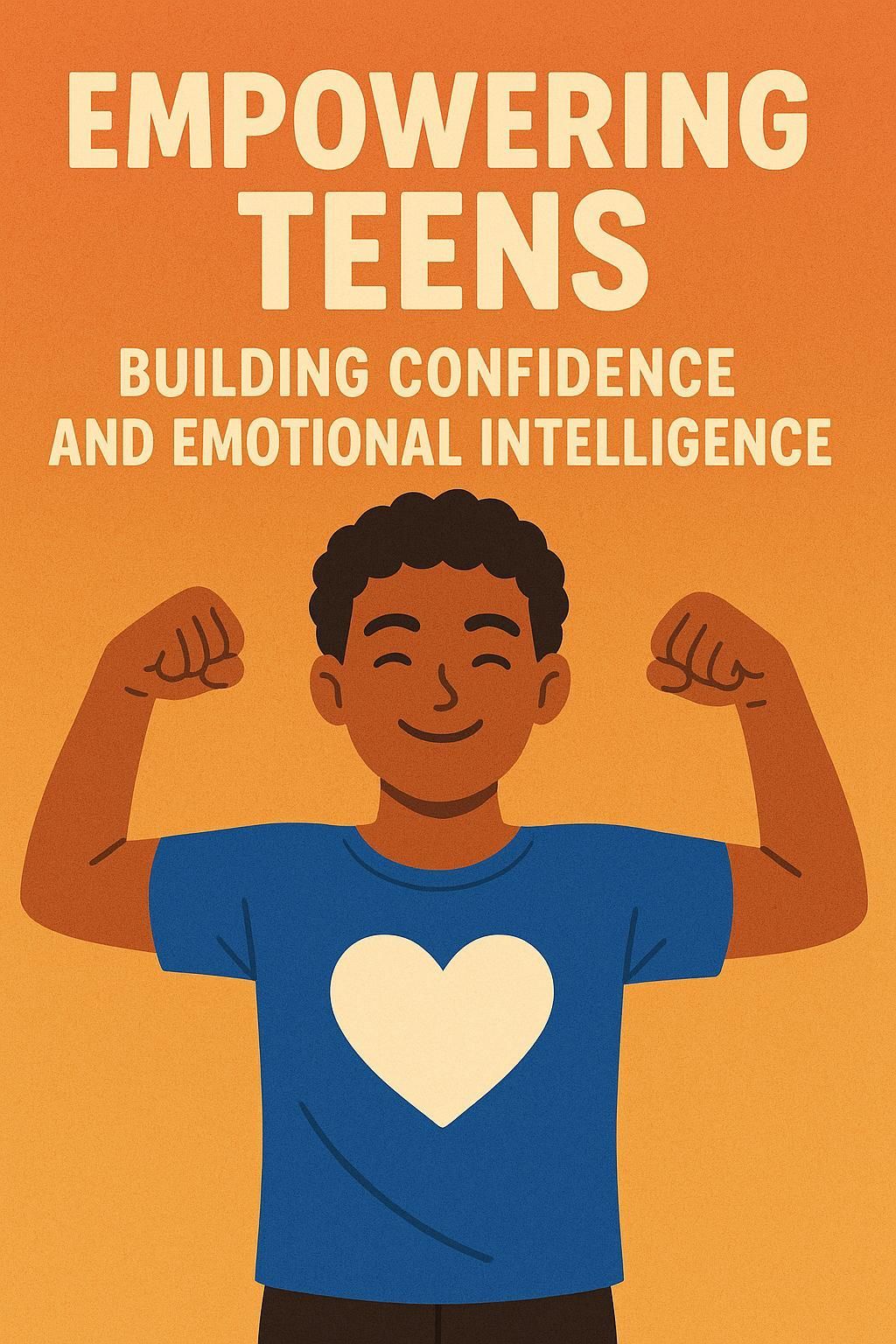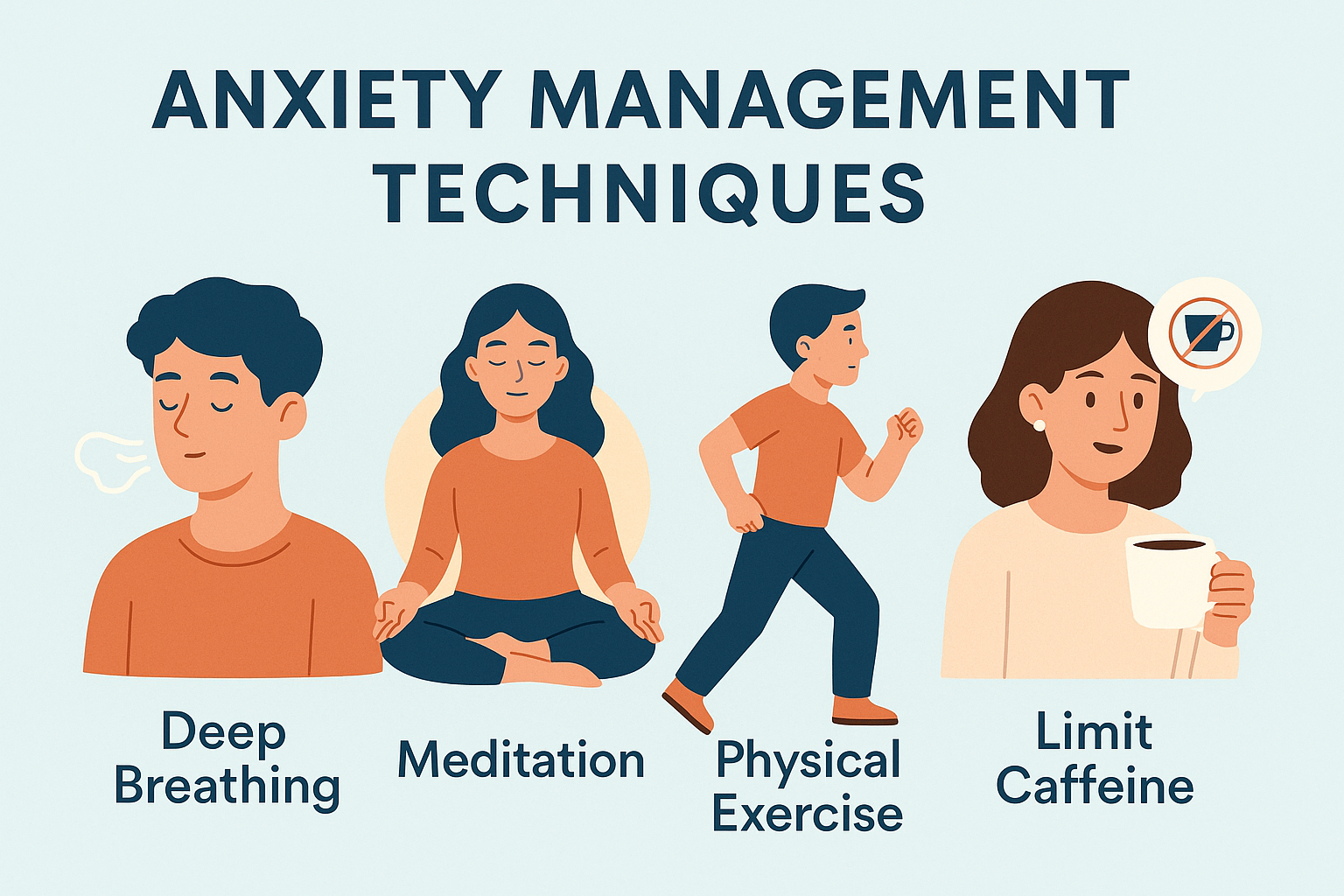
Empowering Teens with Confidence: Tips for Boosting Emotional Intelligence
Adolescence is a critical time for developing key life skills like confidence and emotional intelligence. Building these skills can significantly impact teens' mental health, relationships, and future success as they grow up.
However, with so many challenges, parents, educators, and mentors are extremely important in developing teens’ self-esteem and emotional intelligence.
So, what is emotional intelligence, and why is it important?
We’ll look at practical strategies for parents, educators, and teens. We also cover ways social media can influence teens and their confidence.
But first, let’s look at what emotional intelligence and confidence are and why they are important.
Why Confidence and Emotional Intelligence Matter for Teens
Confidence and emotional intelligence are essential traits that help teens manage their emotions, build strong relationships, and face challenges with resilience.
It involves understanding and managing one’s emotions and empathizing with others. These skills are crucial for teens to develop their identity and navigate social situations.
When teens are confident and emotionally intelligent, they are better equipped to make positive decisions, cope with stress, and avoid risky behaviors.
Activities to Help Teens Build Confidence and Self-Esteem
Practical activities can significantly boost a teen’s confidence and self-esteem.
Here’s how you can encourage teens:
● Set Achievable Goals: Breaking down tasks into manageable steps helps build a sense of accomplishment and self-worth.
● Practice Positive Self-Talk: Replace negative thoughts with positive affirmations to boost self-confidence.
● Engage in Extracurricular Activities: Sports, arts, and clubs provide opportunities to develop skills, make friends, and gain confidence. You can also look at our teen counseling services for more support in building teen confidence.
How to Teach Emotional Intelligence: Practical Tips for Parents and Educators
Parents and educators play a crucial role in teaching teens about emotional intelligence. Here are some practical tips:
● Model Emotional Intelligence: Demonstrate empathy, active listening, and healthy emotional expression in your interactions.
● Encourage Open Communication: Create a safe space for teens to discuss their feelings and experiences without judgment.
● Teach Problem-Solving Skills: Guide teens through identifying problems, considering solutions, and evaluating outcomes.
These strategies help teens manage their emotions and build their confidence in handling difficult situations.
Boosting Emotional Awareness: Techniques for Teens to Manage Stress and Emotions
Teens today face many challenges, from academic pressure to social media influences. To help teens manage stress and emotions, introduce techniques like:
● Mindfulness and Meditation: Deep breathing and meditation can help teens stay calm and focused.
● Journaling: Writing about their thoughts and feelings helps teens process emotions and gain insight into their experiences.
● Exercise: Physical activity is a great way to release stress and improve mood.
Create a Supportive Environment
Ready to help your teen build confidence and emotional intelligence? Contact us today to schedule a consultation and discover how our counseling services can support your teen’s growth and well-being.
Get in touch online or call us at (972) 250 1700 to get started!



